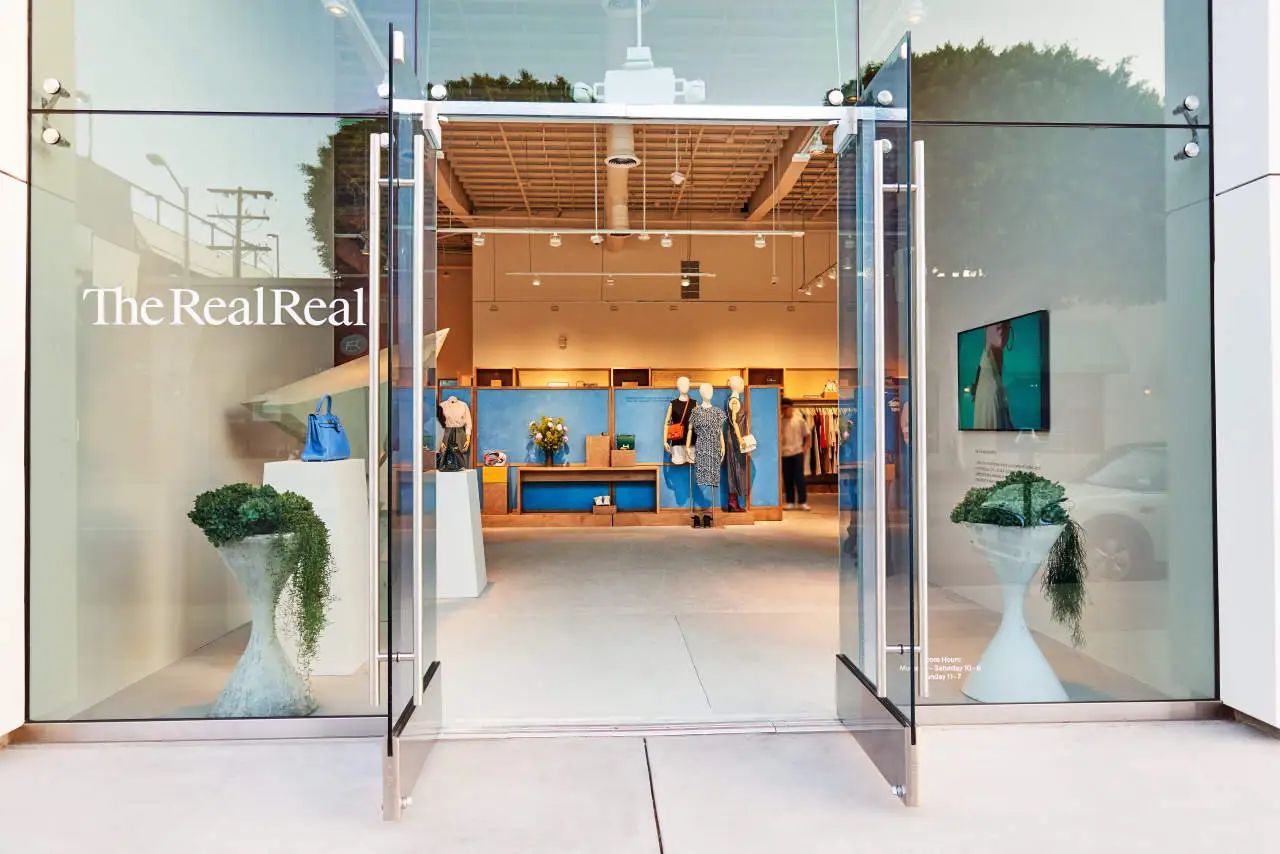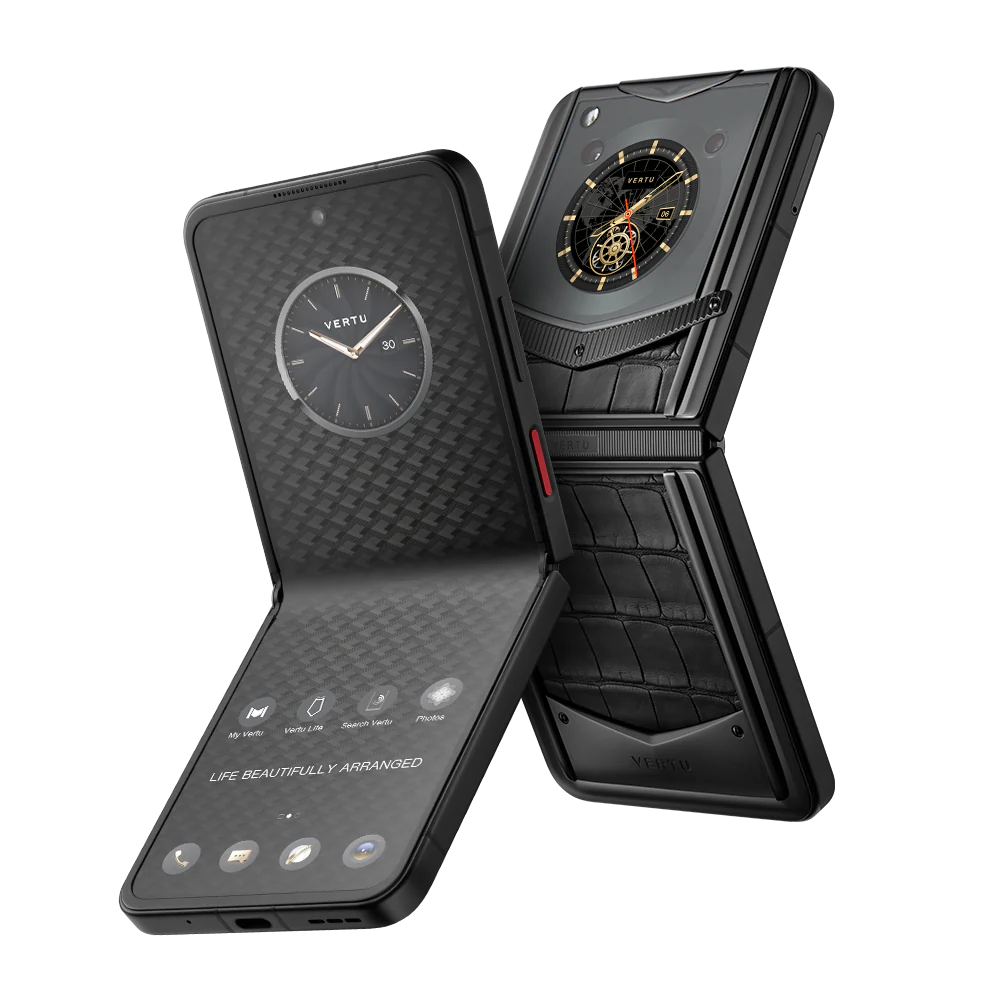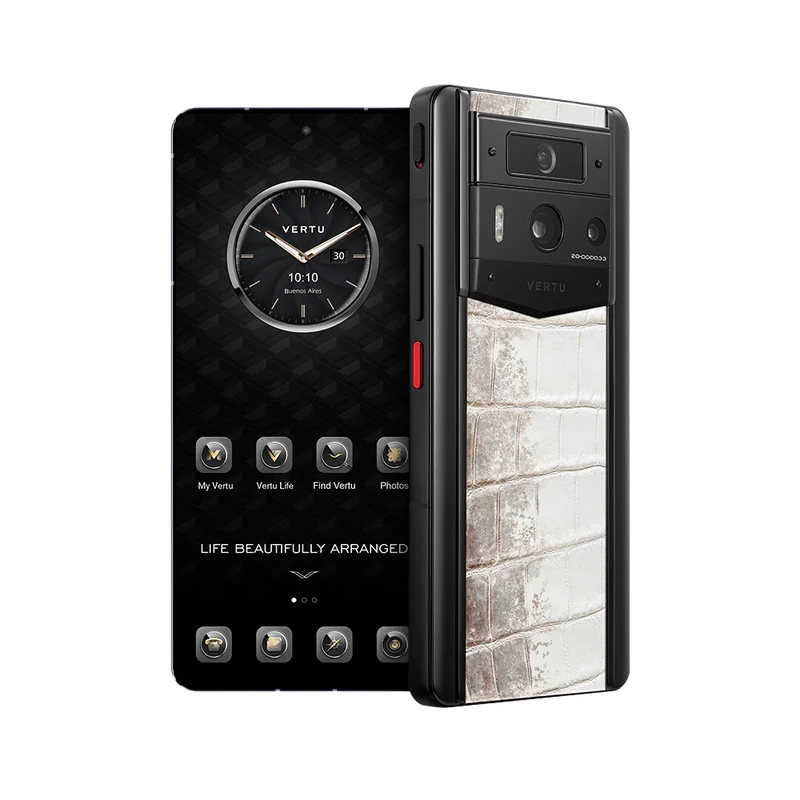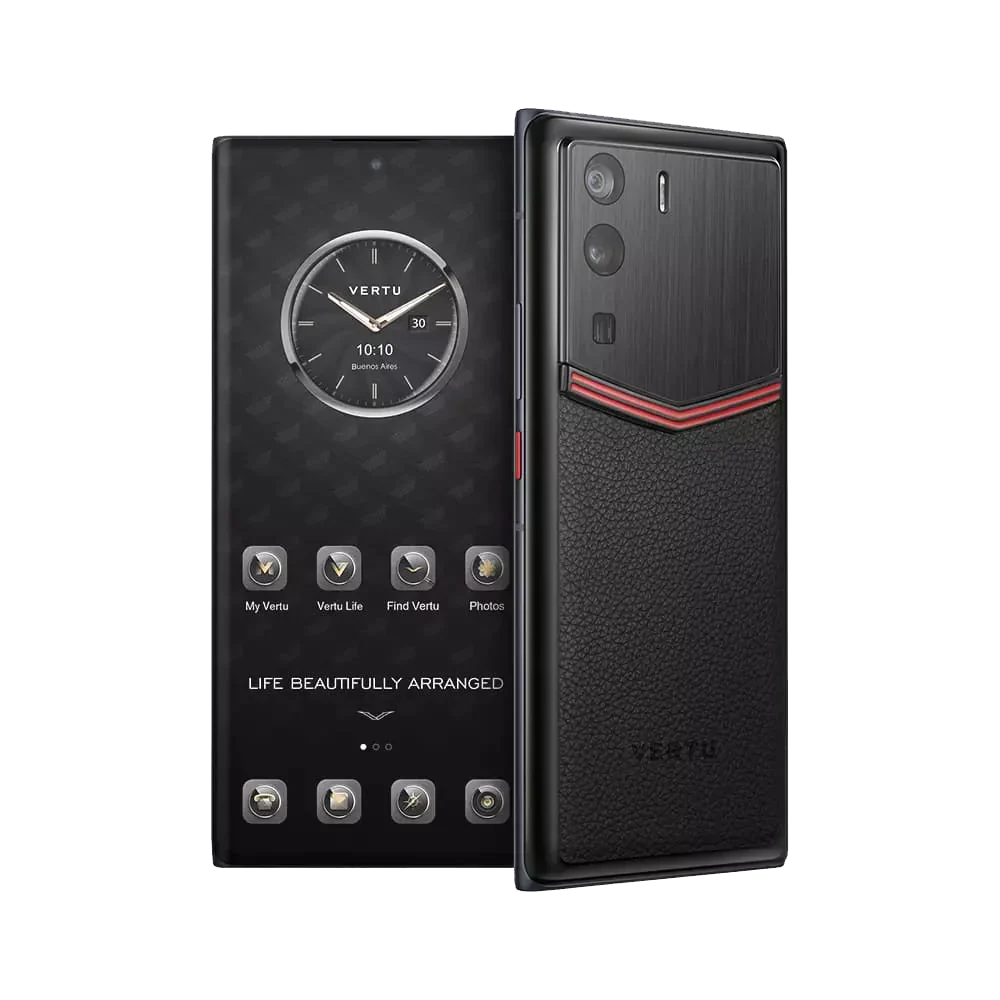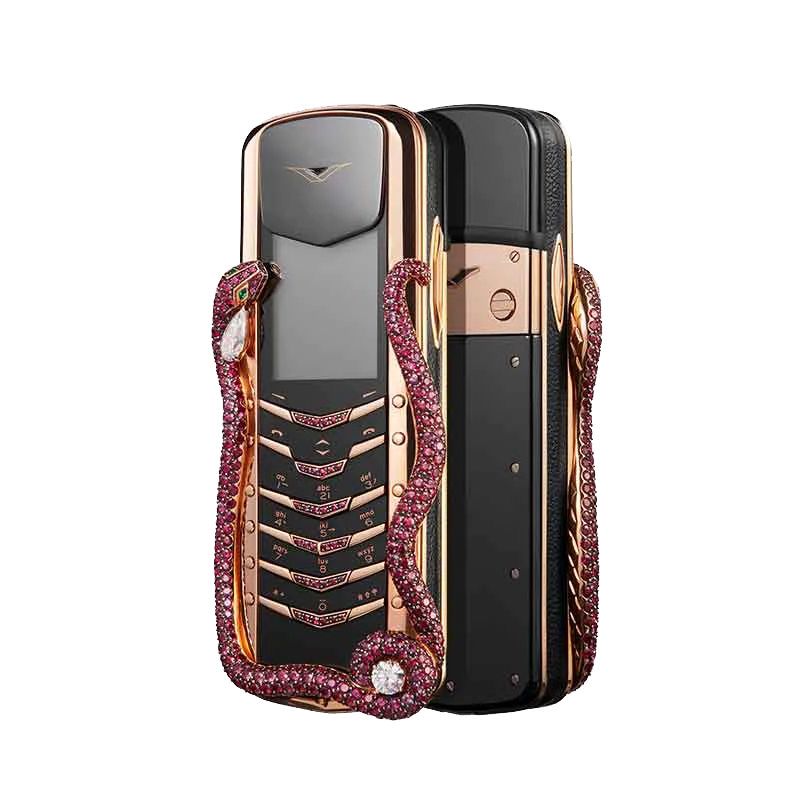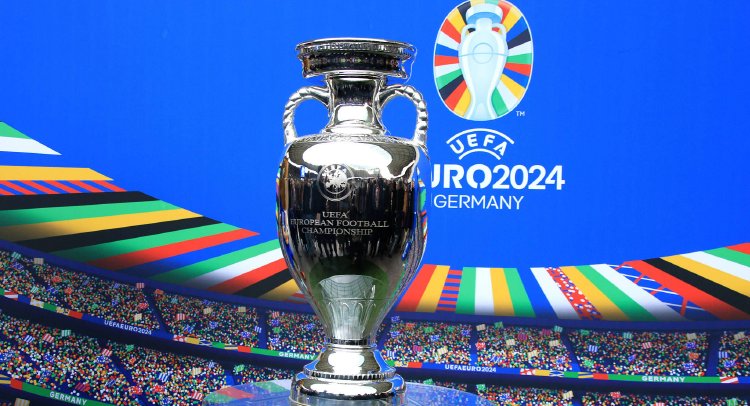On Tuesday, the lawsuit between French luxury brand Chanel and New York second-hand luxury retailer What Goes around Comes around (WGACA) officially opened. This case may bring a new legal discussion on the accountability of counterfeit goods in the retail sale of second-hand luxury goods, and urge resellers to more effectively protect the brands appearing on their platforms and carry out correct compliance publicity.
Chanel accused WGACA of selling counterfeit goods and suggesting through advertising and marketing materials that the products were directly related to the French luxury brand. Jeff Trexler, deputy director of the Institute of Fashion Law at Fordham University, explained that the brand’s accusations against WGACA mainly include: 1) selling bags whose serial numbers have been invalidated by Chanel; 2) selling bags with some features and functions inconsistent with genuine goods bags but with legal serial numbers; And 3) selling genuine goods that should not flow into the consumer market, such as goods only displayed in Chanel stores.

Chanel accused WGACA of selling counterfeit goods and suggesting through advertising and marketing materials that the products were directly related to the French luxury brand. Photo by: WGACA
“Chanel is committed to protecting consumers from any counterfeit products that cause damage to their intellectual property and will continue to litigate for the remaining claims and damages,” a Chanel spokesperson said in a statement.”
WGACA refuted these claims by Chanel. Seth Weisser, co-founder and CEO of the platform, said: “We vigorously defended the allegation of selling fake goods and demonstrated to the court and to Chanel that this was not a valid attack. WGACA is a supplier of all top luxury brands and has never attempted to imply any type of direct connection with partner brands. By displaying the goods with the trademark logo on the products we provide, we just directly show the craftsmanship of the brand and respect its original form.”

Photo by: WGACA
Zach Briers, a partner at Munger, Tolles and Olson, an intellectual property firm, believes that whether WGACA regulates the use of Chanel trademarks in marketing materials is a key point in the case, because the outcome of the case may have a series of chain reactions on the luxury resale industry.
According to the “nominal fair use” principle, second-hand luxury dealers can use brand trademarks to describe the genuine goods being resold, but cannot use trademarks to imply affiliation with the trademark holder. Trexler said the outcome of the case will depend on whether the jury’s explanation of WGACA’s use of the Chanel trademark form in advertising is accepted, including the extent of its use.
“Chanel believes that WGACA’s extensive use of Chanel’s trademark logo in its marketing and social media campaigns has gone far beyond what is needed to accurately identify a product and is an inaccurate indication that Chanel endorses or authorizes WGACA’s activities,” Briers said. “WGACA, on the other hand, claims that it is only using the Chanel trademark logo to accurately advertise its second-hand resale of Chanel genuine goods.”
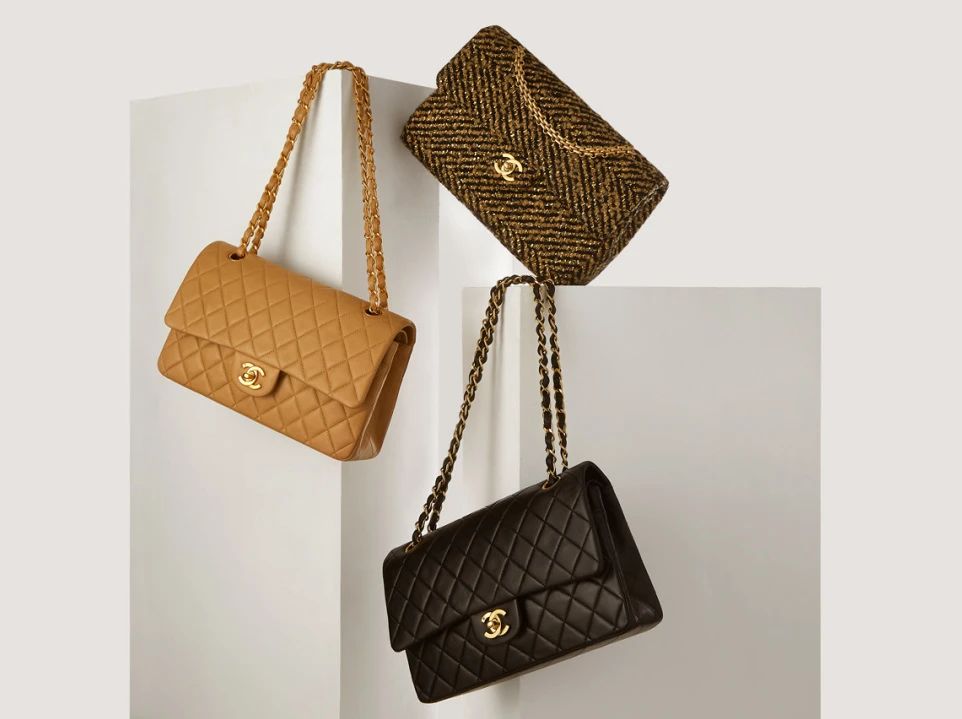
Photo by: WGACA
Gina Bibby, head of global fashion technology at Withers law firm, said the gray area should give luxury dealers pause to think about their current business practices. “[They] should be careful not to market their products in a way that implies an affiliation, connection or association with the trademark owner of a luxury brand-unless such an affiliation, connection or association does exist.”
Shermin Lakha, Lvlup Legal’s founder and management lawyer, said that if WGACA is convicted, the second-hand retailer could face up to $23.2 million in compensation for violations between 2014 and 2022. More lawsuits against second-hand retailers could follow, Bibby said, meaning these companies need to be on high alert when reviewing what they sell and how they market it. Briers said that if the opposite is true and WGACA wins the jury’s support in this lawsuit, it will show luxury brands that they may not always have control over how their products and logos are used, which is a key consideration for luxury brands to participate in the second-hand market.
“Luxury brands are worried about the dilution of brand power,” Bibby said. “This is why brands maintain strict quality control standards and scoff at third-party participants, including luxury dealers, who may sacrifice these standards for their own business purposes.”
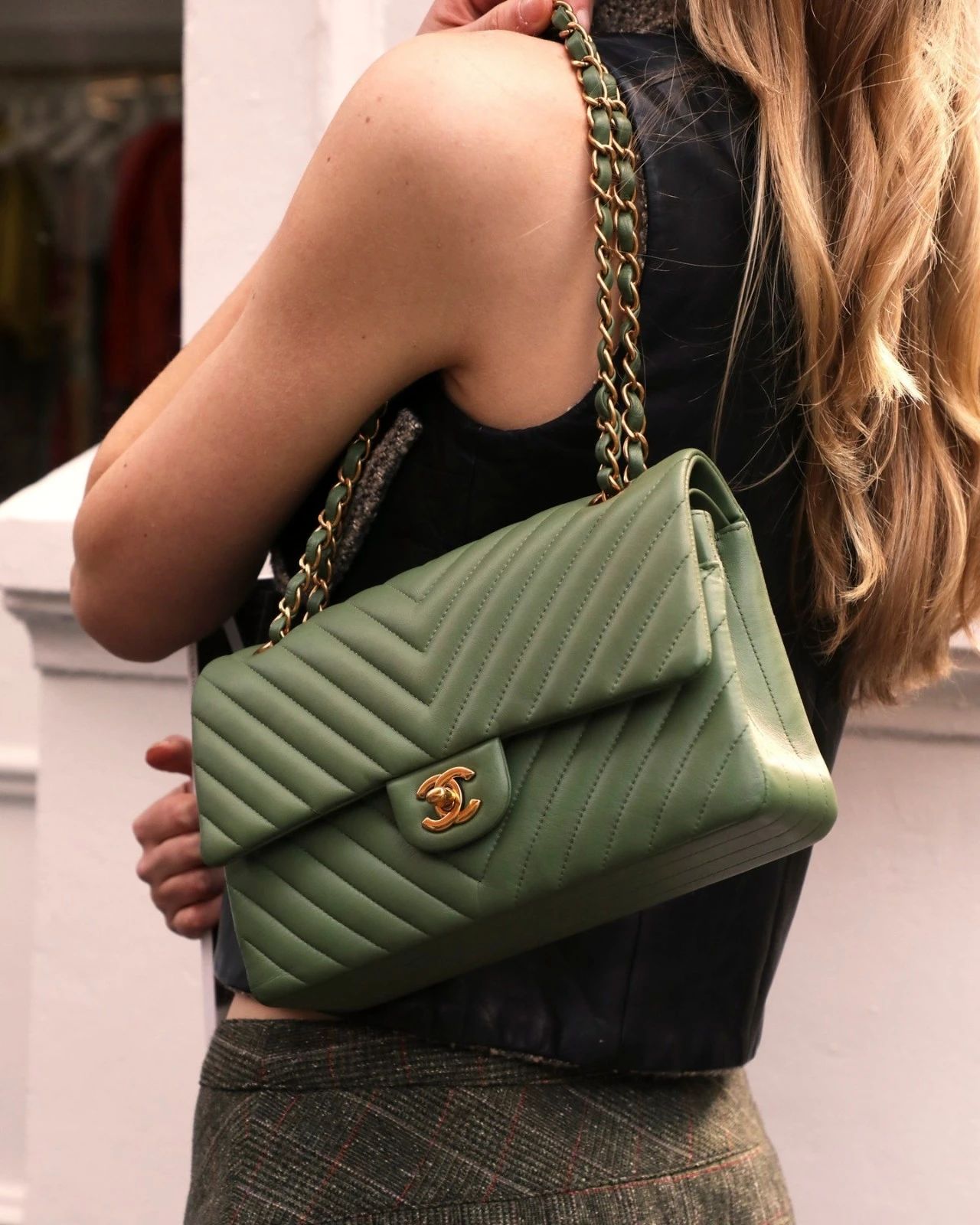
Image source: Vestiaire Collective
With the rise of websites such as The RealReal and Vestiaire Collective, the second-hand luxury industry has exploded online in recent years, and the relationship between luxury brands and dealers has been strained. According to The RealReal’s 2023 Resale Report, user demand for vintage bags has increased by 300 percent since 2020, and Generation Z will spend 40 percent more on bags by 2023.
Luxury fashion brands such as Chloé, Ulla Johnson, Balenciaga and Mansur Gavriel have chosen to partner with resale platforms such as Vestiaire Collective and Reflaunt. Resale technology company Archive co-founder and CEO Emily Gittins told VOGUE Business that internal reselling enables brands to benefit from a revenue perspective, community building and customer acquisition perspective. Other “head” luxury brands such as Tiffany, Louis Vuitton and Hermes have sought legal recourse against dealers selling fakes-Chanel being the most prominent example.
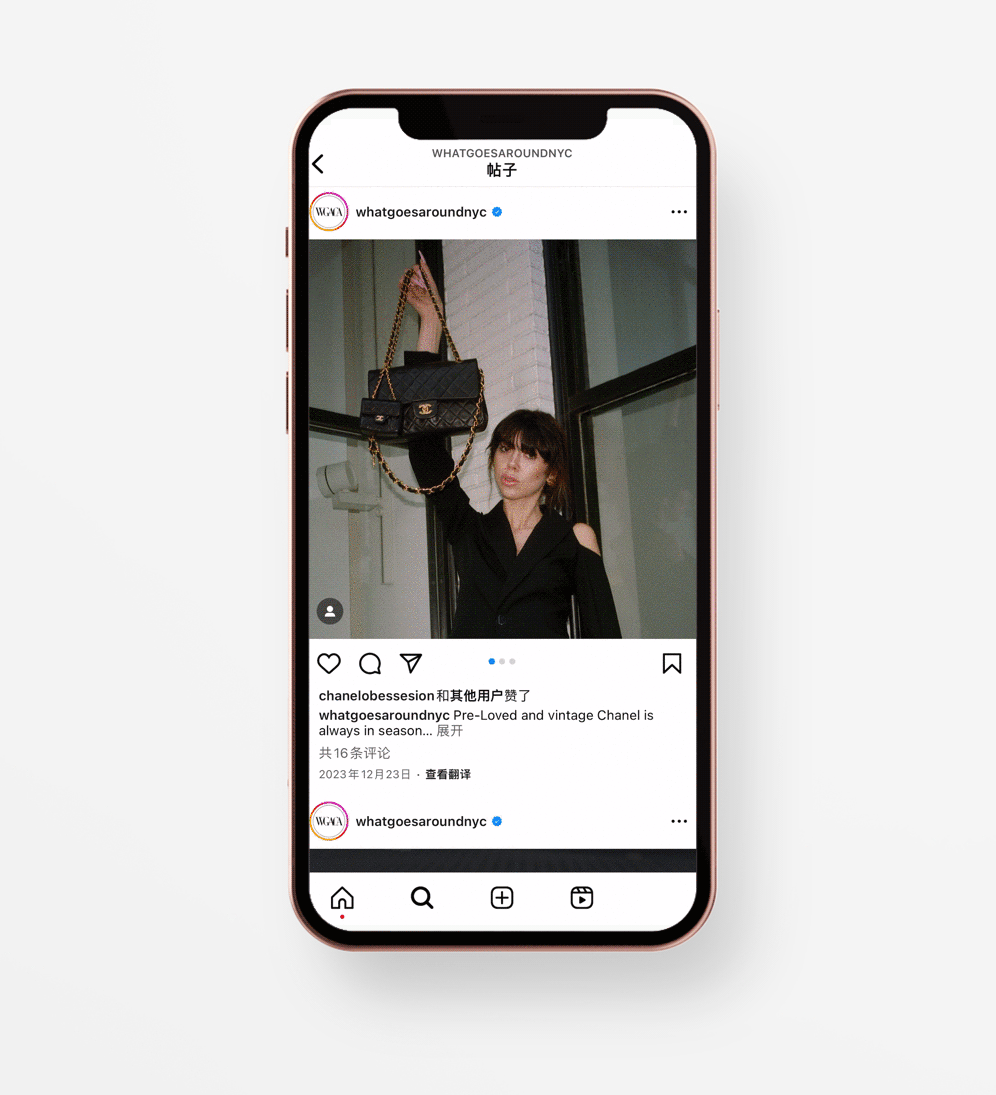
Photo by: Chloé
The case against WGACA dates back to 2018, when Chanel first sued the retailer. In its ruling of March 28, 2022, the U.S. District Court for the Southern District of New York dismissed part of Chanel’s trademark infringement claim, but retained part: Section 1114(a), which includes the infringing trademark for the sale, distribution, or advertising of counterfeit or other types of products.
The court concluded that Chanel had not provided direct evidence that WGACA produced the Chanel trademark itself, but could not discount the sale or advertising of the counterfeit product. Briers said the court in the previous case found that WGACA sold 12 counterfeit handbags and hundreds of non-genuine goods point-of-sale items (I. e., products sold only in Chanel boutiques, including makeup trays, tissue box holders, jewelry boxes and hand mirrors).
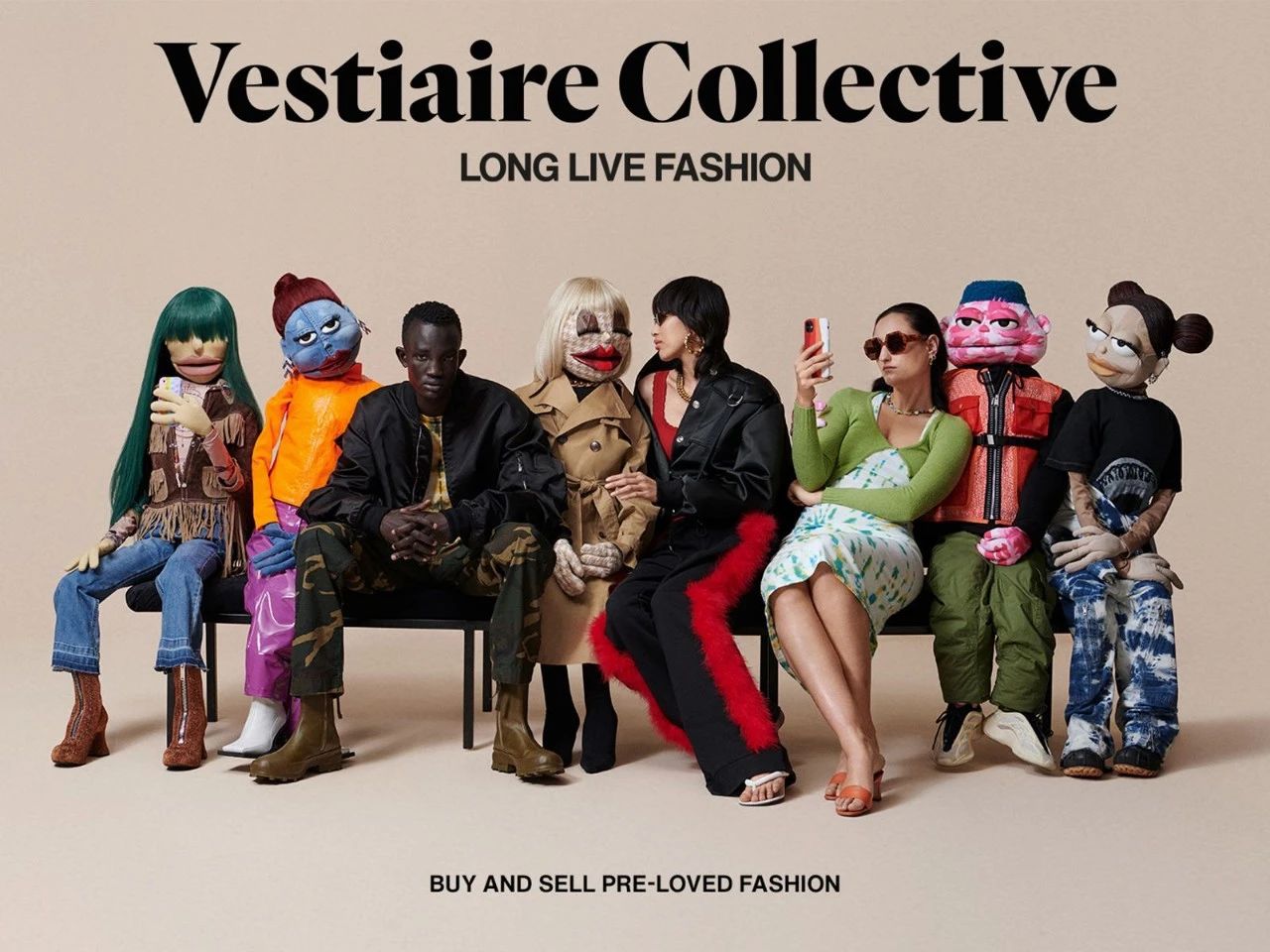
WGACA’s offline store in Soho, New York. Photo by: WGACA
In 2018, the French brand also launched a trademark lawsuit against The RealReal, accusing it of unreasonable use of Chanel’s trademark on its website and marketing materials-the case is still ongoing.
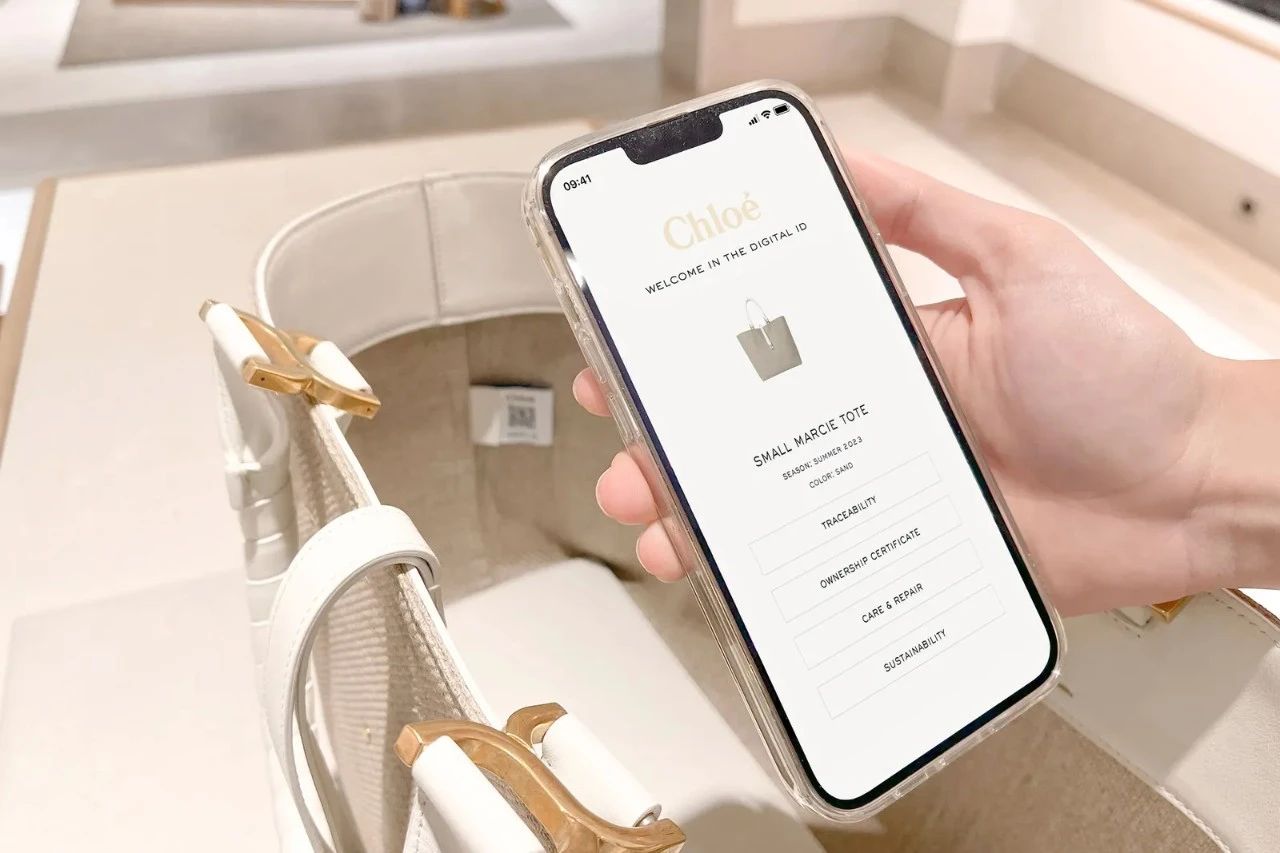
### What is the fair use of luxury logo?
The core issue of this case is whether WGACA’s use of Chanel’s brand trademark to promote second-hand goods violates the principle of “nominal fair use.
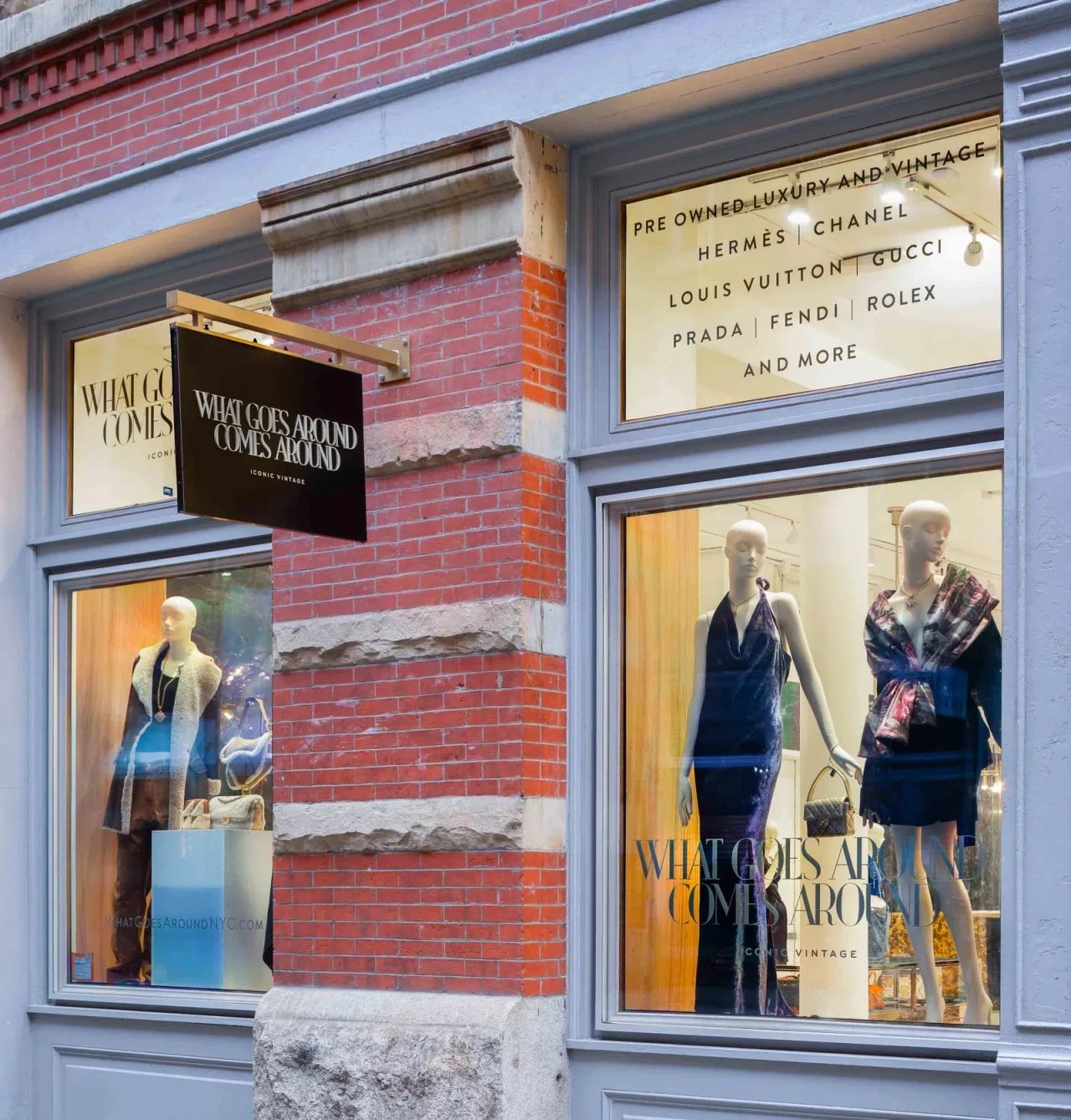
Photo by: WGACA
“The WGACA argues that it uses the Chanel trademark in a fair use manner: in this case, the distributor simply uses the trademark to identify the principal name of the manufacturer whose product it legally markets,” Trexler said. “However, as the judge pointed out in the summary judgment, the evidence presented by Chanel suggests that the WGACA may have gone too far by presenting Chanel in a way that suggests a more direct connection to Chanel itself, such as a promotion to celebrate Coco Chanel’s birthday.”
Briers agreed, adding that the fact that WGACA has been caught selling a variety of non-genuine goods Chanel products may also work in Chanel’s favor.
Trexler also noted that Chanel will also provide evidence of consumer confusion, such as records of customers appearing in WGACA ads asking for discounts at Chanel boutiques and customer service centers. But proving such brand-identity confusion through consumers can be relatively difficult: Last year, when fashion brand Thom Browne sued sports giant Adidas over its use of stripes, a jury unanimously ruled that customers were unlikely to confuse Thom Browne’s merchandise with Adidas’s.

Photo by THOM BROWNE
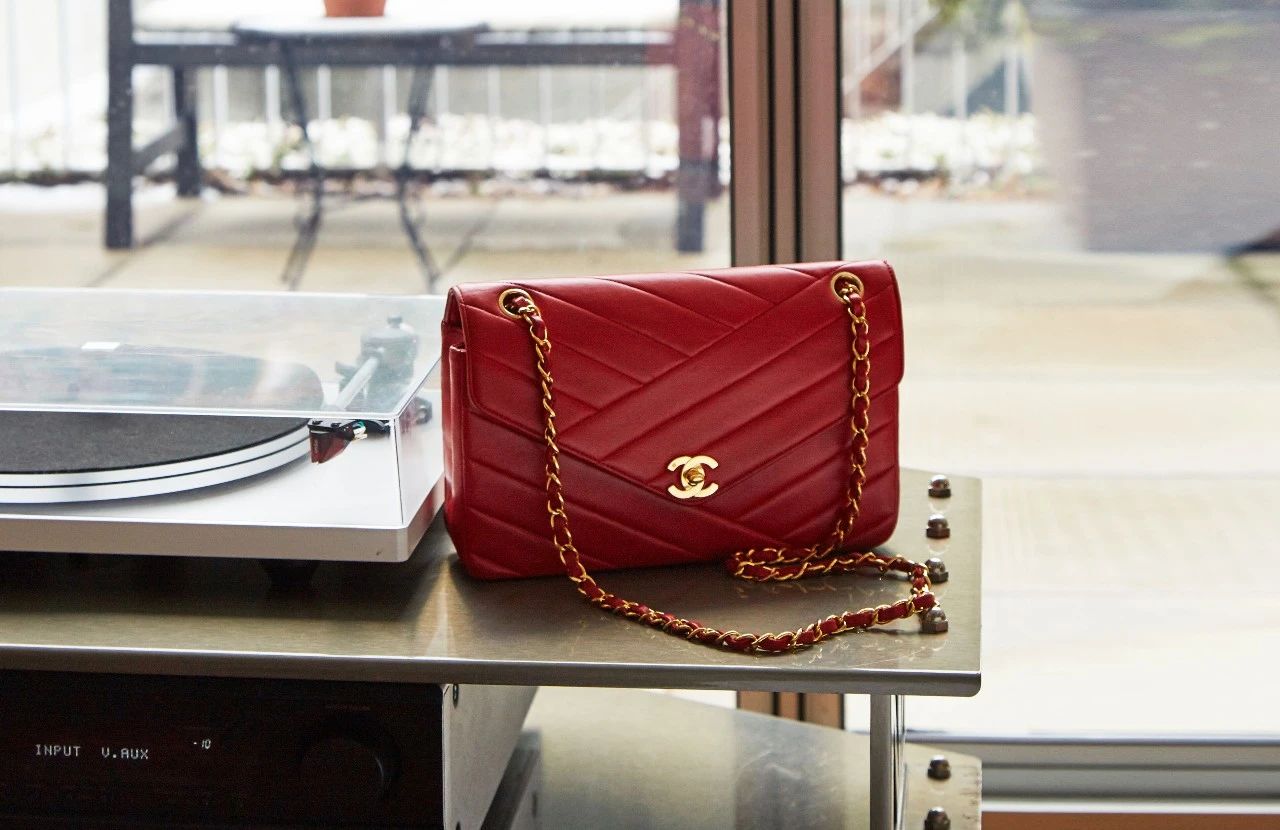
### The impact of this case on the second-hand luxury resale industry
Lakha said the outcome of the case would be a landmark, especially given that the court ruled in favor of the RealReal last time. At the time, the judge determined that the site had no intention of selling counterfeit goods and did not claim to be affiliated with Chanel.
Lakha continued that the case is unlikely to affect the peer-to-peer second-hand resale market such as Poshmark, but resale sites with certified teams such as Vestiaire Collective and The RealReal could face (more) lawsuits.
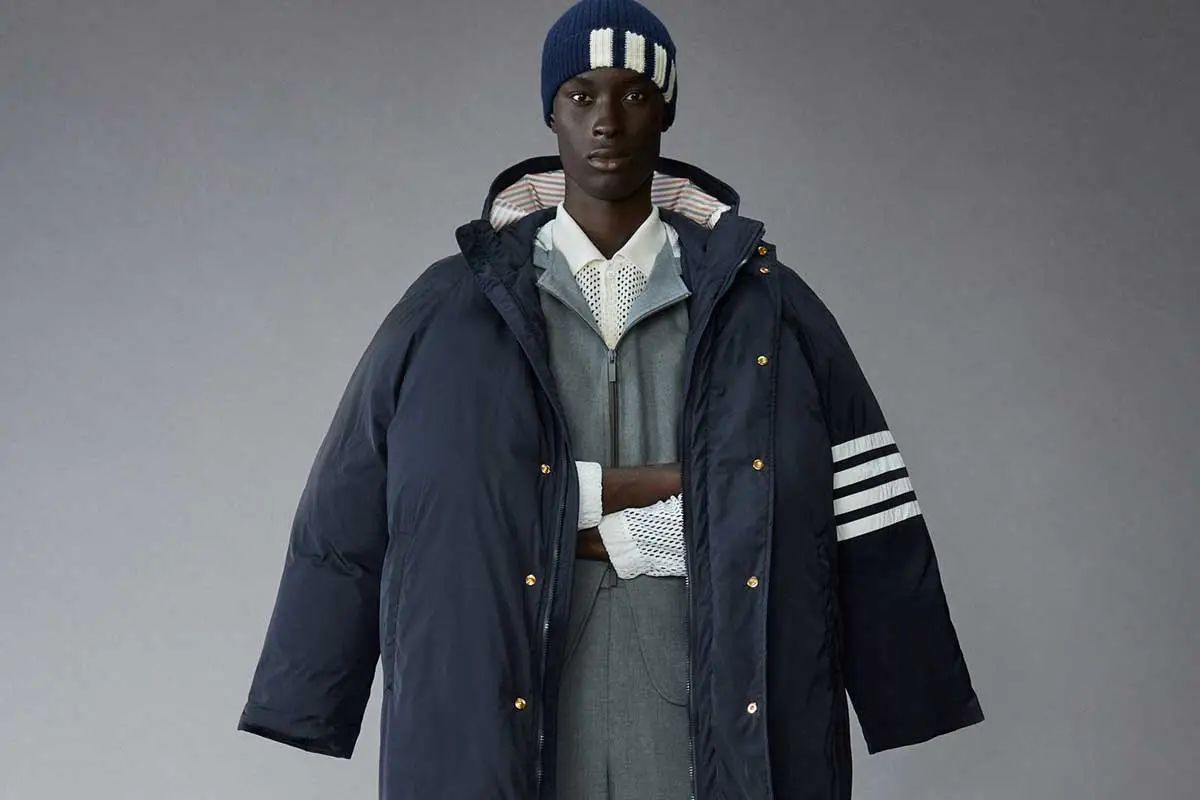
Image Source: The RealReal
Trexler said the case at least underscores the importance of having lawyers review the use of brand names in certification statements and advertisements. He suggested a series of factors to consider: “Does the dealer imply that it is using the same authentication technology as the manufacturer? Has the fake product been discovered? Has the dealer used the brand name, trademark and other trademark elements in the marketing process more often than it is necessary to identify a particular product?”
That could also affect consumer sentiment, Lakha said. Before TikTok, many consumers were unaware of the prevalence of counterfeit goods in “legal” resale markets. She said people are now more aware and educated about uncertified goods. “I think it will make people more aware that if they buy from a second-hand store, it may not be certified.”

(Source: Vogue Business)
